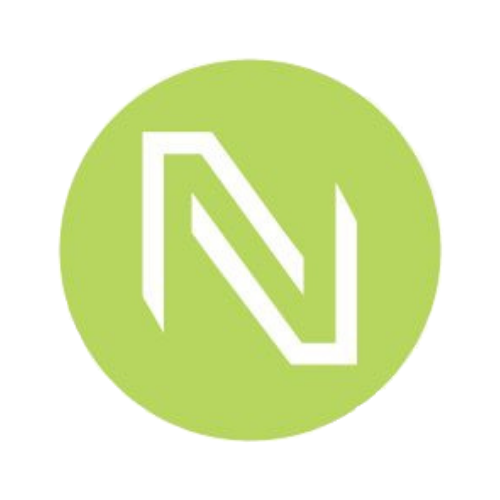‘Picky’ is Not a Problem: Know Your Worth and Set Your Boundaries
Personal details have been altered to preserve client anonymity
Last month, I had a call with a prospective client about content creation. The individual I spoke with elaborated on the company’s requirements, expectations and internal processes. We compared budget to rates and discussed specific deliverables. I was well-versed in their industry, having worked closely with other market leaders in the same space.
In my mind, the deal was sealed. I was ready to talk next steps—scheduling intro calls, creating editorial calendars—until the person mentioned one last “little” thing.
“The President is a control freak. He is very impatient and needs to have things done his way. He gets easily frustrated when things don’t go exactly how he wants them.”
The well-oiled machine that was being constructed in my mind came to a grinding halt. The individual also told me that the company has a seven-person production team that must review every piece of content.
That’s perfectly fine. For them. Respectfully, it is not for me. This way of thinking conflicts with my work ethic and, I’ve found, compromises promising client relationships. I decided to lay all the cards on the table with a two-fold response:
- My golden rule is to let people do the job they are hired to do. Having said that, I don’t mind nitpicking. In fact, I appreciate it as part of the perfecting process. I do, however, expect a certain level of trust in my knowledge and proficiency. Every relationship—be it with a colleague, friend or spouse—survives on trust. You get what you pay for. I promise I’ll deliver.
- Production teams are great, but not when they create so much red tape that it’s nearly impossible to publish content (I referenced a former client who took 6-8 months to publish due to such strict jurisdictions). The fact that I charge for edits may not be conducive for them from a cost, time or resource perspective.
I suggested that we may not in fact be a good fit if this is the kind of environment they support. Now, this isn’t to say their environment is wrong (this organization got to where it did for good reason). This isn’t to say my processes are wrong, either. There’s just a high probability that we won’t mesh.
The person seemed understanding of my logic and said they would follow up soon. They haven’t (yet). And that’s totally okay in my book.
If Allison five years ago were speaking with this client, she would have eagerly agreed to their requirements even if it killed her. Today’s evolved Allison, however, understands the value of trusting your gut. If I get that feeling that something isn’t right about a person, client or situation, I can lean into it. I can trust it. I can let it guide me towards the great that lies ahead.
By no means do I intend to speak badly about this prospective client. In fact, I admire this President’s unique vision and ambition. I commend the blood, sweat and tears he has poured into his organization to make it what it is today. In the end, we have a lot in common. He has high expectations, just as I do for my client relationships. We’re both comfortable with setting boundaries and expressing opinions. Neither of us will settle for less than what we think is right.
This mentality is crucial. Not all people will understand your vision. Pursue it anyways. They may not respect your boundaries. Set them anyways. Once you start living your best life, you’ll see how many people have yet to take ownership of theirs. Don’t second-guess yourself; you’re destined for great things. Focus on attracting the right kind of energy, surrounding yourself with people who support the life and career you’re building for yourself.
You may also like from Allison:
